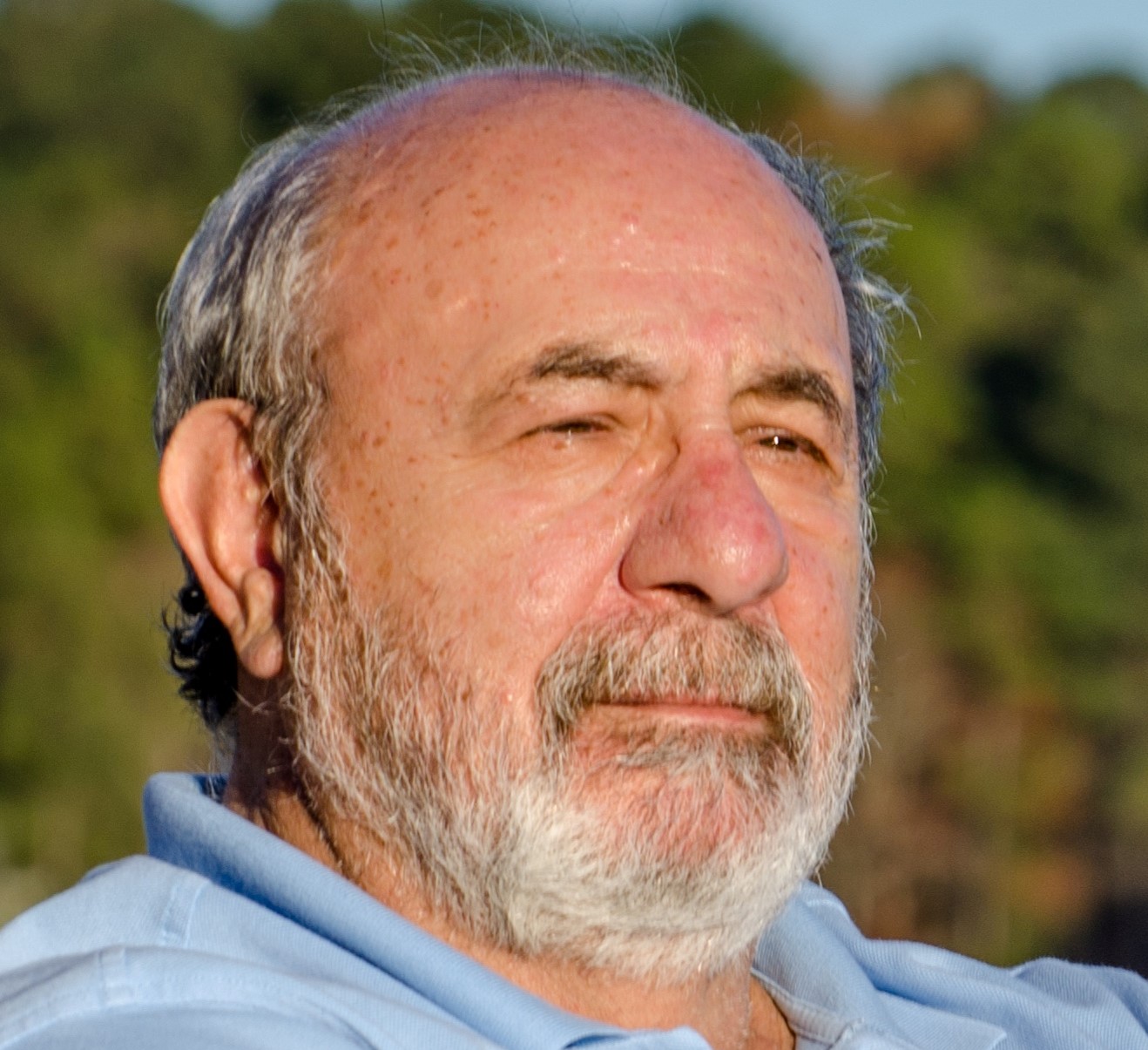(This article first appeared on The Big Slice at: thebigslice.org )
Three Poisons
If ever there has been a time in America to ask, "is human suffering unavoidable" it's now. To answer this question, I look to Buddhism because its main purpose is to reduce suffering. Buddhism is not a religion per se; it is really a philosophy of life. A Buddhist is not required to believe or disbelieve in God. The Buddha's goal was to reduce human suffering, so he confined his teachings to this life.
So even if you are a devout Muslim, Christian or Jew, I am asking you to consider a Buddhist teaching called the "three poisons". The Buddha taught that the three poisons cause a great deal of suffering. They are: Greed, Anger and Ignorance. His goal was to get people to strive for a life of: Generosity, Compassion and Wisdom. If we could reach that goal, we could eliminate a lot of human suffering, including our own.
Let's examine how these three poisons produce suffering. First, greed comes from a desire to have more than we need. It's a desire that cannot be satisfied with its object; for instance, money. When we give in to greed, the more we have, the more we want. Greed can never be satisfied. It can only be challenged with self awareness. We must determine how much we need and when we have enough, admit it. Greed is a distraction that always puts happiness out of our reach. It only produces suffering.
Generosity is the antidote to greed. It's no secret that every great spiritual prophet gave everything away to the poor. I'm not suggesting that you do the same. I am suggesting that each of us look to our conscience and learn from their examples. There's more than enough to go around.
Anger is the next poison. It's not anger that causes suffering; it's the actions that we take when we don't know how to handle our anger. Anger is natural. Harming others is unnatural and causes suffering for the victim and the perpetrator.
Most Americans were very angry because of 9/11. We had a right to be. Anger is a natural reaction to such an atrocity. But we failed to direct that anger to the responsible parties and here we are twelve years later. We've lost thousands more lives. We've spent trillions of dollars that we don't have on two unnecessary wars. And what have we achieved? We've created more terrorists. The terrorists' anger that inspired the attack and our retaliatory anger have caused immeasurable human suffering. We can't reduce suffering by adding more suffering.
Compassion is the antidote. I know, it's difficult to imagine being compassionate toward terrorists. That's not what I am proposing. I am proposing that as a nation, we become more circumspect in how we act out our justifiable anger. And as individuals we do the same. That action will reduce suffering for all of us.
Ignorance is the third poison. The most vivid example today is the ignorance that prevails in certain countries that are struggling to keep modernity at bay with archaic forms of obsolete religious belief systems. I won't argue that there certainly are some aspects of post modernity that I wish we didn't have to tolerate. But institutionalized ignorance is not the answer. This kind of ignorance demands that terrible things happen to innocent victims. For instance, demanding an honor killing of a female family member because she was gang-raped while the perpetrators went free. Or that a young gay man be bullied into committing suicide.
Obviously, we don't need to go to the Mideast to find this kind of ignorance. Right here in America we suffer the ignorance of states like Tennessee, where a child can refuse to participate in a learning activity if it conflicts with his or her religious beliefs. Or in those states that continue their efforts to have religion taught in the science curriculum by calling it by a different name, i.e. intelligent design or creation science.
Wisdom is the antidote. We should naturally grow in wisdom as we age. Here's the problem; there are people who have many years of living experience and become wise as a result. And then there are others who have had the same year of experience many times over and insist that life is the problem because it doesn't conform to their expectations. We need to be open to what life brings and learn from it. That's all life asks of us for wisdom to flourish.
Robert DeFilippis





